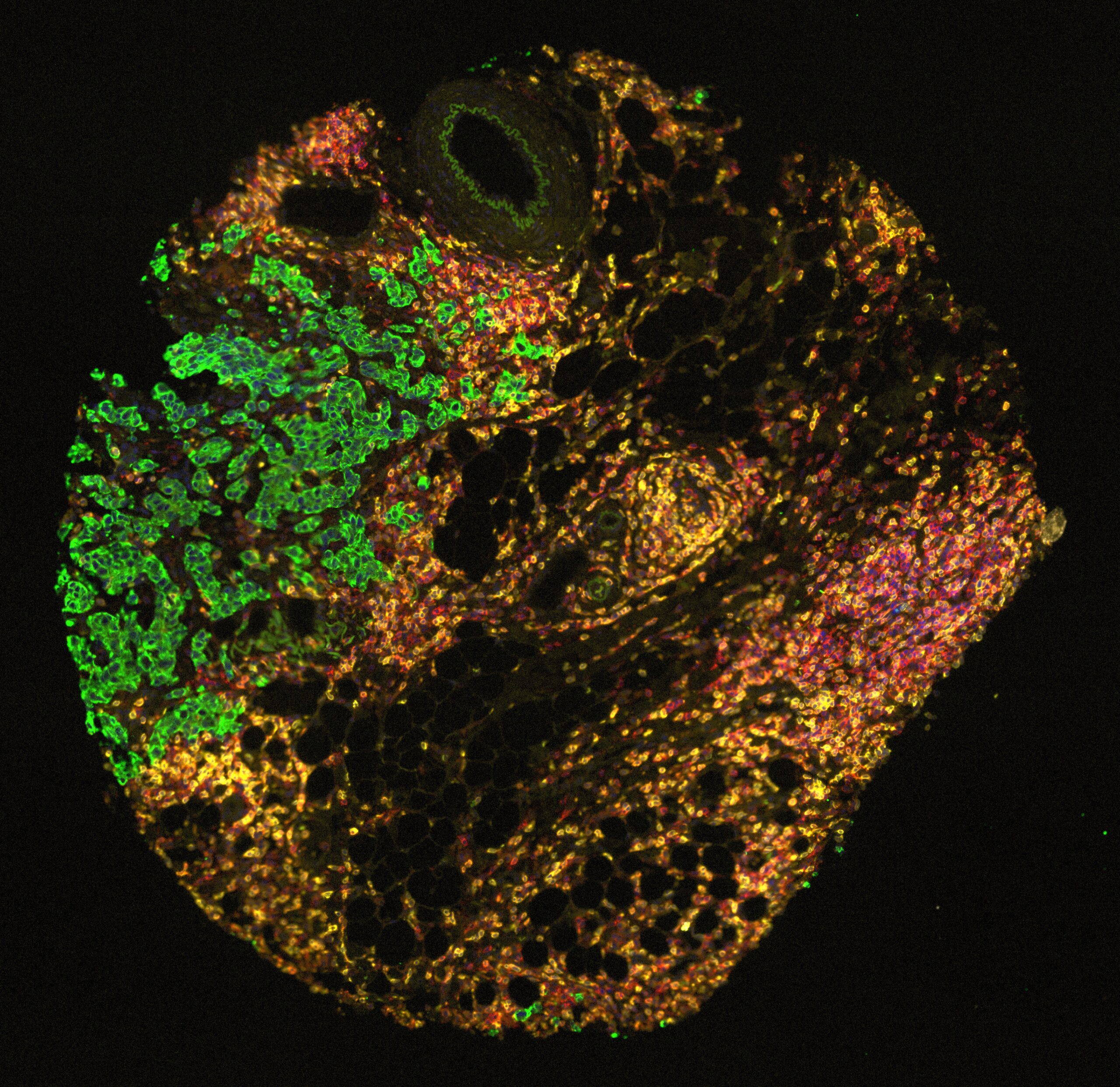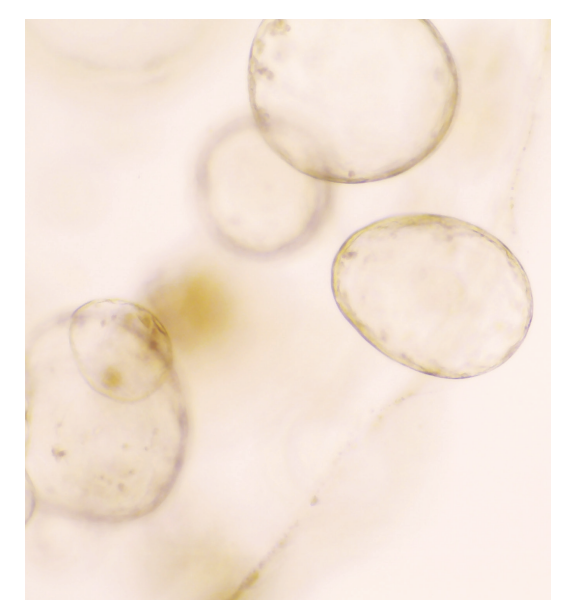Overview
Our recent proof-of-concept findings indicate that pharmacological manipulation of inflammation might constitute a readily translatable strategy to rapidly switch the tumour inflammatory profile from ‘cold’ to ‘hot. In particular, we showed how inhibition of PGE2 synthesis or signalling with non-steroidal anti-inflammatory drugs, or through antagonism of its receptors, EP2 and EP4, drives an IFNγ-dependent TME remodelling that boosts the efficacy of of immune checkpoint blockade therapy. We are are testing the effect of therapeutically targeting factors and pathways identified in the lab through immune profiling of progressive or regressive tumours.
We are exploring strategies to target basal or therapy-induced protumourigenic inflammation to render the intratumoural milieu more favourable to immune-mediated cancer control. Lastly, we have established a human tumour explant system that enables perturbing the TME ex vivo to study the early immunological response to treatment using patient surgical specimens.





